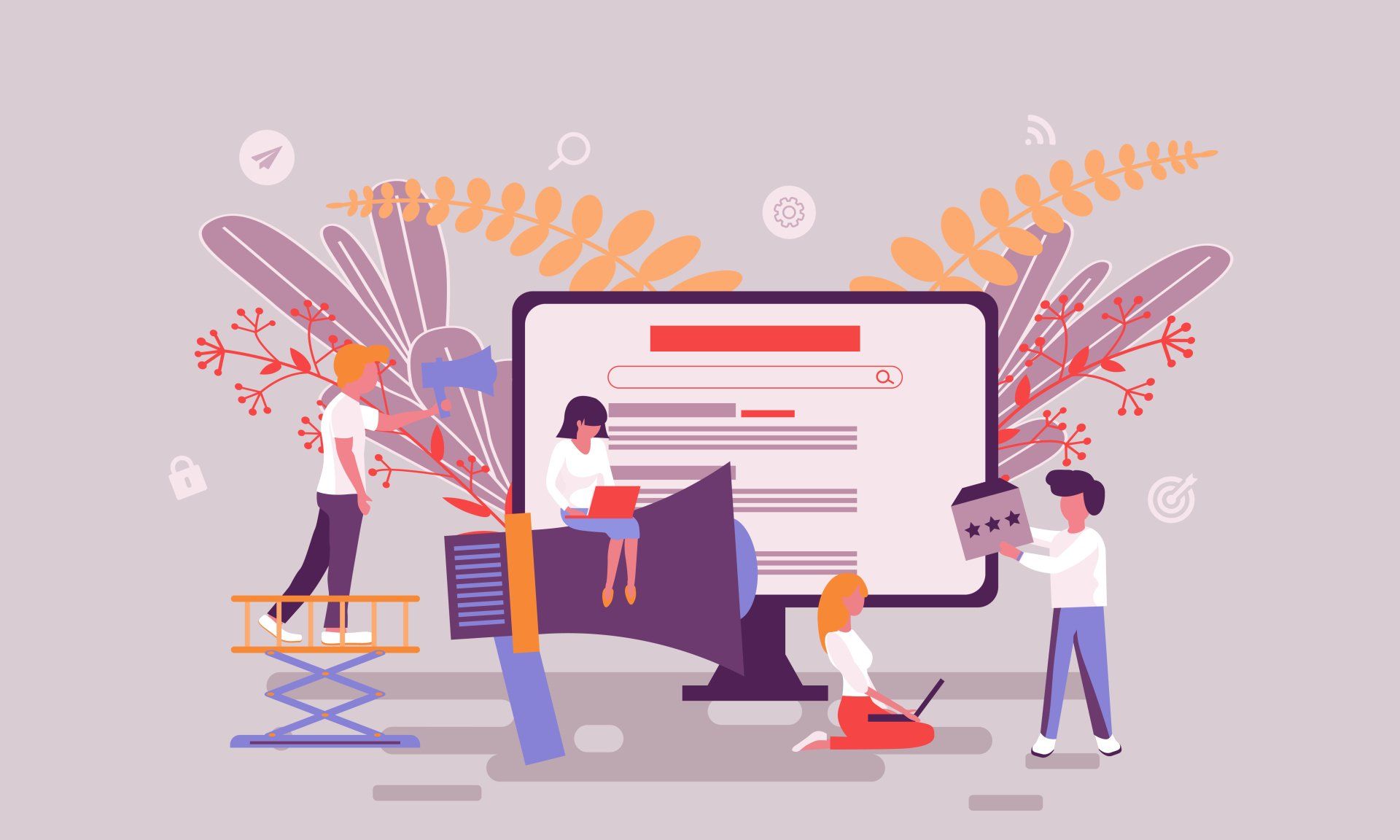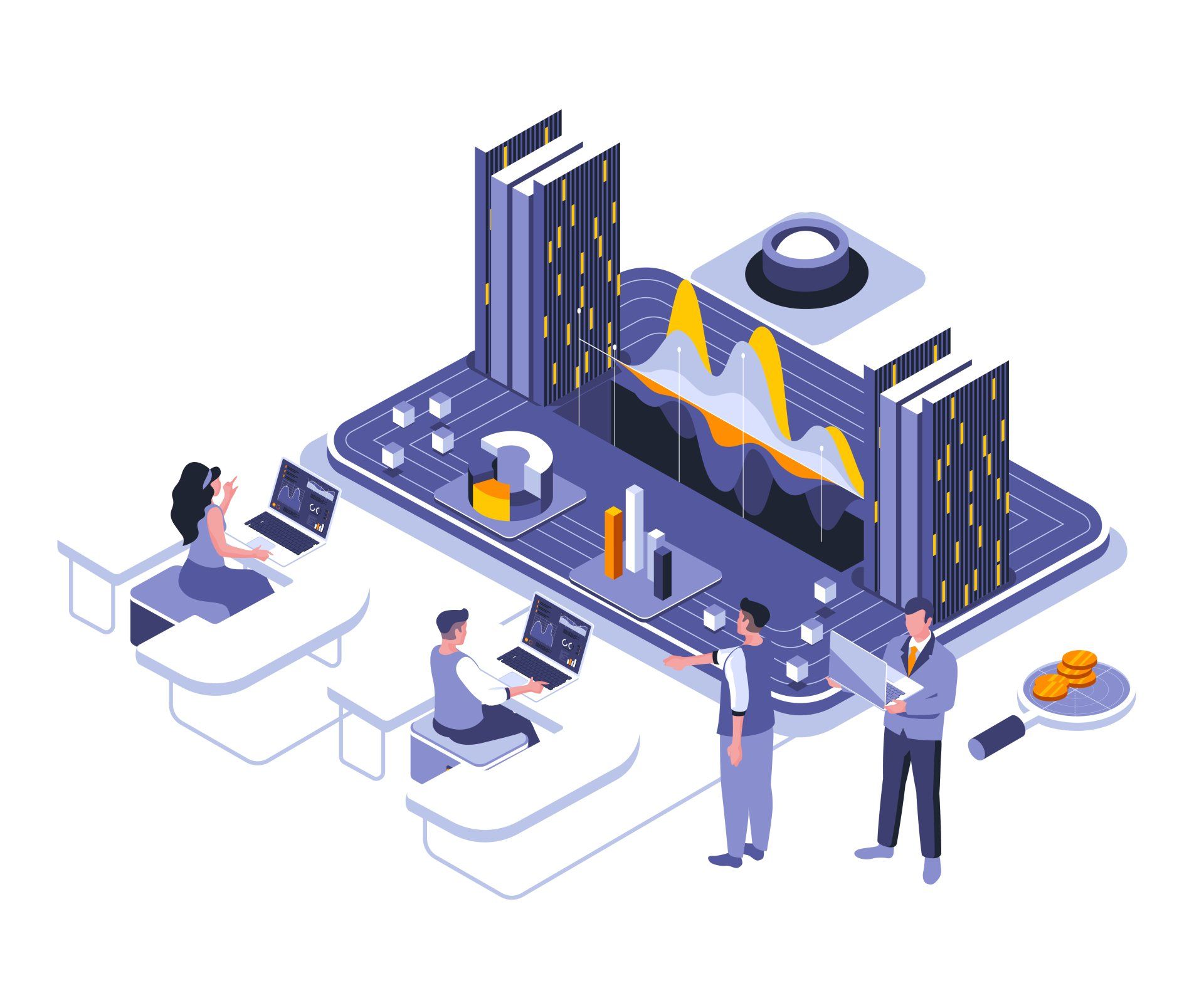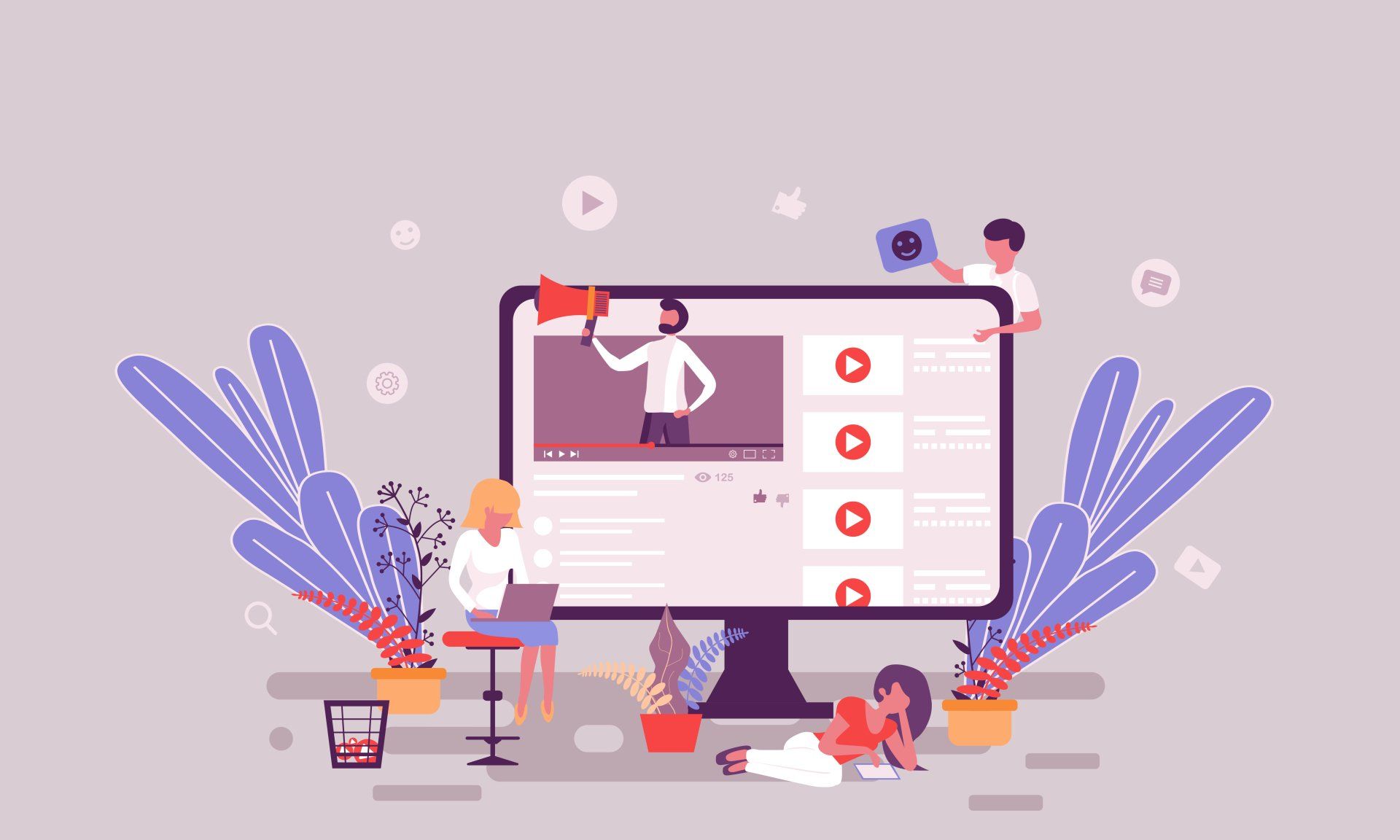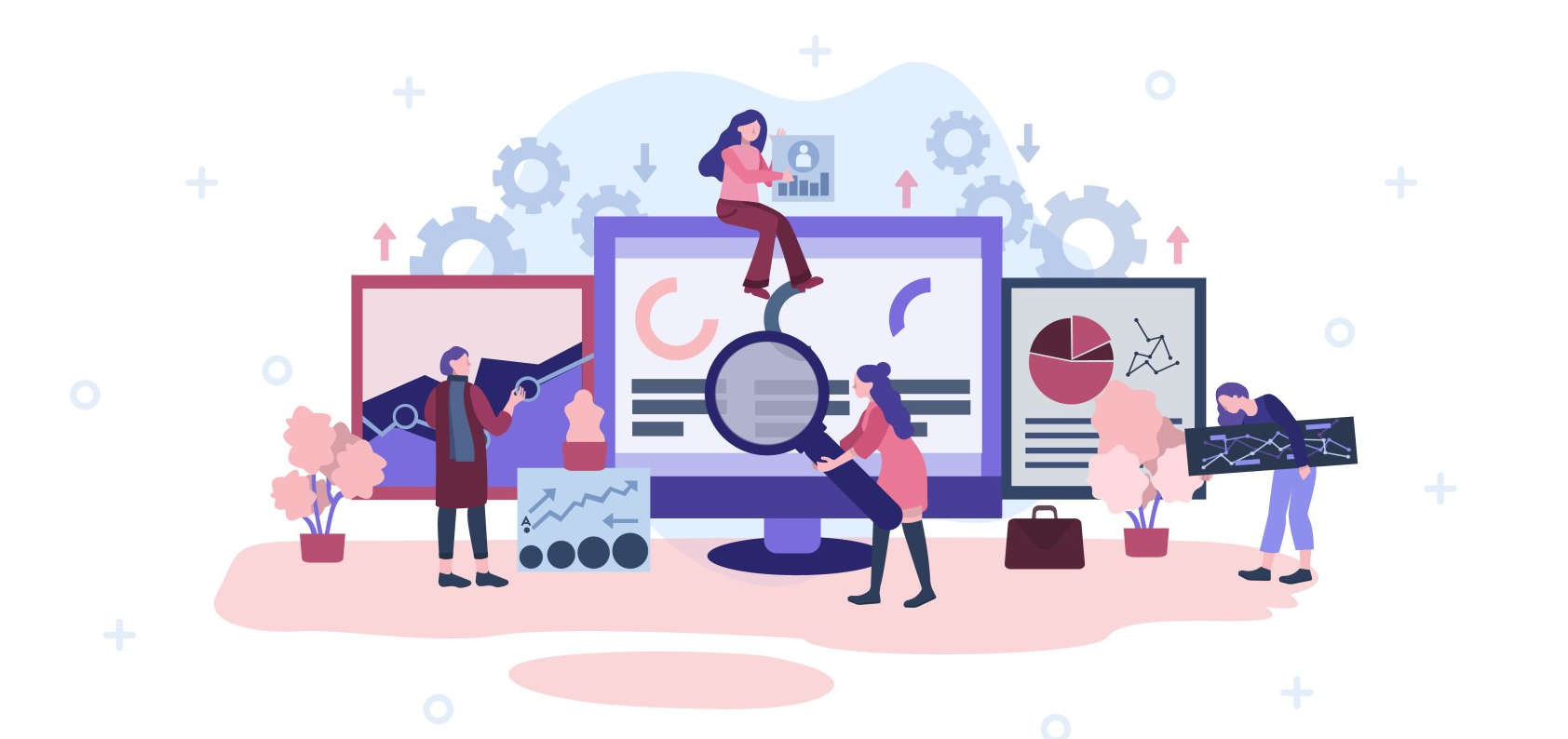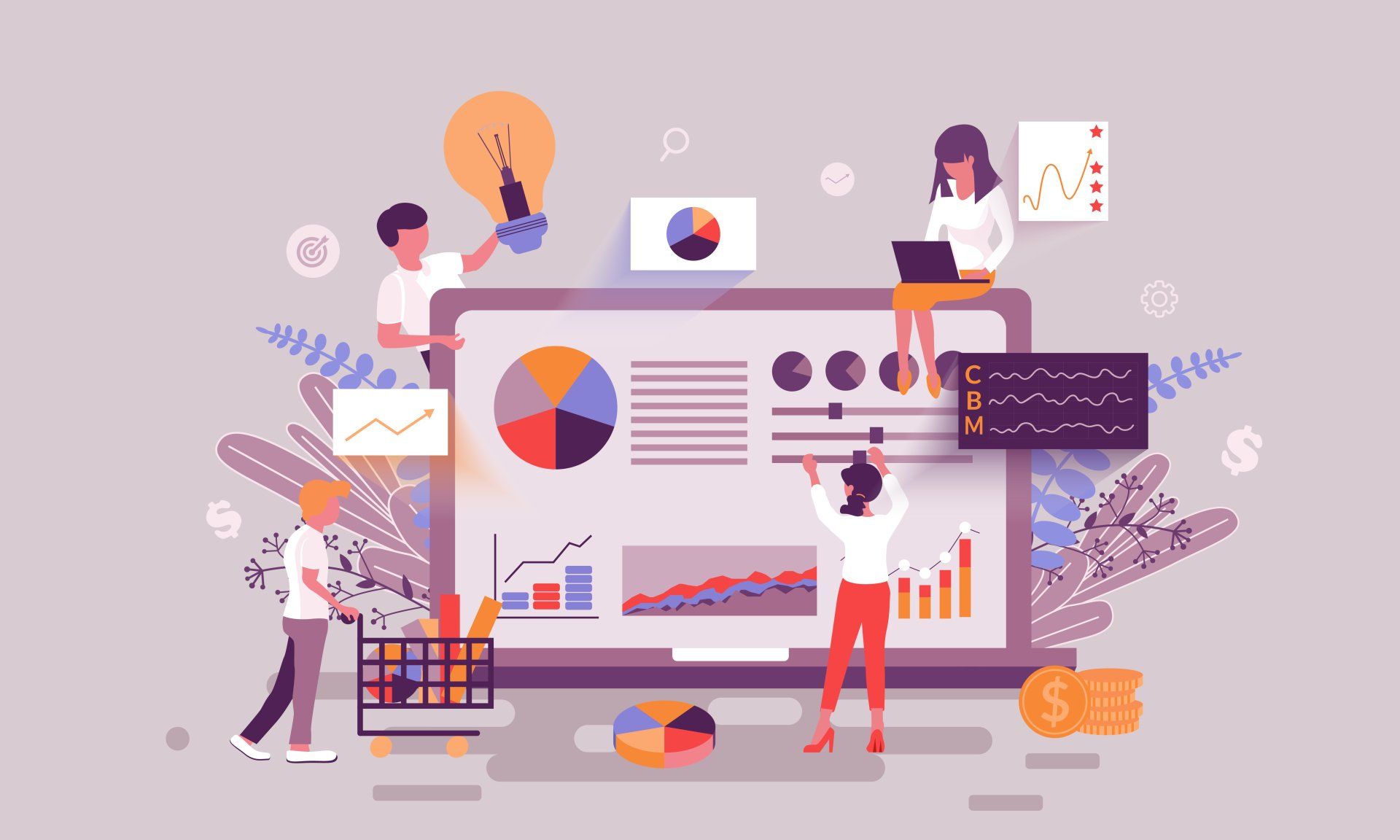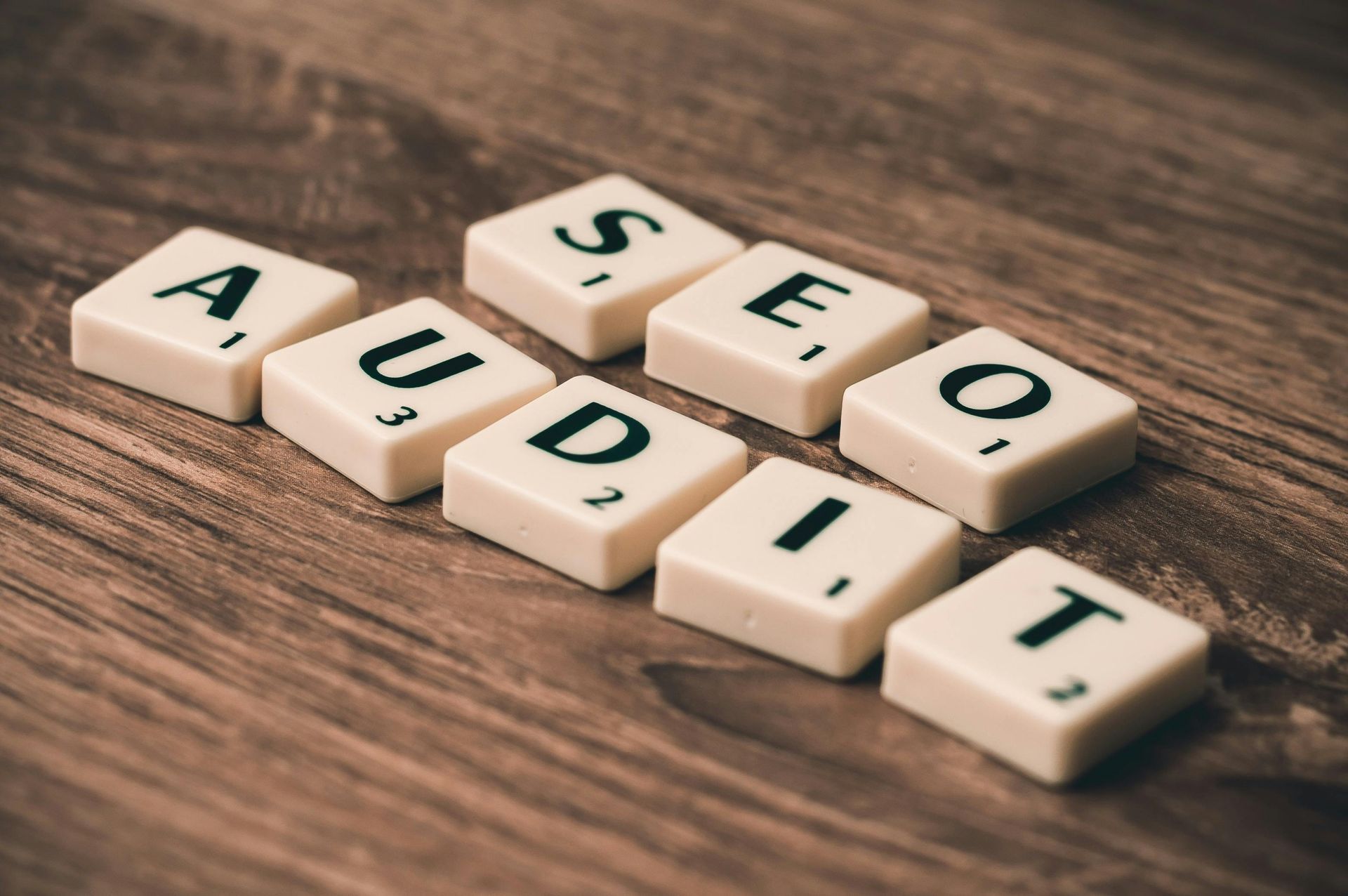Why Google Ads is still a powerful marketing tool
As business and the economy slowly start to recover from the Covid-19 pandemic, many companies are going to need all the help they can get to get back on their feet. If you’re not sure where to get that additional boost you will need, you should look no further than the might of Google Ads (previously known as Google AdWords).
Whether you are an entirely online business, you have a bricks and mortar store, or you have both, Google Ads is a powerful marketing tool. It allows you to reach audiences that are interested in the products and services you offer and can help increase traffic to your website, online sales, visits to a physical store or calls to your business.
Google Ads is a pay-per-click (PPC) platform, so you pay a fee every time a visitor clicks on your ad. It is used by big multinational companies, but it is also used by lots of small local businesses.
If you’re looking for a marketing solution which is easy to scale up, Google Ads make it easy for you. With Google Ads, you can create online adverts for your business through multiple channels, including: Google searches, Google Shopping, partner websites (through Google Display Network), YouTube and more.
So why it is so effective?
Huge Reach
People use Google to get the answers to their questions. In fact, worldwide, people search Google an incredible five billion times a day.
Among those searches will be people looking for solutions to problems that you can solve with your products or services. If you can help them find the answer through your ads, they are more likely to choose your business rather than one of your competitors.
The Right Keywords
To make sure your Google Ads reach the right audience, you bid on keywords. There are millions of keywords available, giving you access to an almost unlimited audience. And the more specific your keywords, the more likely you are to reach exactly the right people.
Long-tail keywords are phrases of three to five words. They are less general and also cheaper for you to bid on. And the best thing about a long-tail keyword is that people who are searching for something very specific eg ‘gardening services in Gloucestershire’ rather than just ‘gardener’ have more intent to buy what you are offering.
Intent to Buy
When you advertise with Google Ads, you are reaching people who have been searching for the answer to their problems. The intent to buy is there and, when your advert reaches them, it is helping them find the answer they’re looking for.
Compare that to when you advertise on social media, where you are advertising to people who want to see what their friends have been up to and look at some pretty pictures. These aren’t people who want to see your adverts or buy your products.
So potential customers are far more likely to buy through a Google Ad than through a social media ad they didn’t choose to see.
A Budget That Works For You
Google Ads aren’t expensive. You set your own daily budget and maximum bids, so you can be sure that you aren’t spending too much. And you can adjust your budget as many times as you want.
With Google Ads, you don’t commit to a contract or fixed terms, so you aren’t weighed down with a long-term marketing budget. As businesses begin the long, slow recovery from Covid-19, it is an easy way to keep your costs down, while still getting the results you are looking for.
Once you have a PPC campaign which is working well, you could increase your daily spend to generate more clicks. As keywords are ranked on a bidding system, the more you are prepared to pay for each click, the higher you will move up the rankings – and the more traffic you will generate. Increasing your bids will mean you attract as many visitors as you want – or can afford.
And if an ad is underperforming, you can stop it instantly rather than waste money on keeping it going. You can also pause a campaign and bring it back later. All of this gives you lots of flexibility and the ability to keep strict control of your finances.
Much Quicker Than SEO
While search engine optimisation (SEO) is the backbone of many of the most popular sites, it takes work and time. The posts and pages you see at the top of a Google search are well-written and optimised and have built up quality backlinks over time. They were most likely written by a staff member who was employed specifically for the task or an expensive freelance SEO expert.
This isn’t easy for a small company to compete with, and plenty of businesses will never see their own pages or posts ranking on the first page of Google.
But a well-targeted Google Ad, particularly one with a long-tail keyword, can see your business leapfrog all of these well-written pages on a Google search. Even better, you could see results within literally minutes of starting a campaign.
Get Ahead Of The Competition
Whatever industry you are in, there will always be fierce competition. But, if you are prepared to spend the money, Google Ads will help you get ahead of your competitors.
If your competition is spending a lot of money on SEO to get to the top of an organic Google search, you can rank above them with a PPC campaign, just by bidding enough on a keyword.
And if they are running their own Google Ads, you can outbid them on a keyword to push them below you on the rankings. They will lose visits and clicks, which will divert to your website instead. Outbidding your competitors on Google Ads is basically stealing their traffic and their business.
Amazing Analytics
You will never again be left wondering whether your marketing budget is really being used in the best possible way, because you can keep track of how your Google Ads are performing with the analytics built into the software. With Google Ads’ analytics, you can see the average cost per click of an ad and keep tabs on its position and conversion rate.
This means you can quickly make decisions on how to spend your money for the best return on investment (ROI). If you’ve got a high converting keyword, the analytics will show you that and you can take the decision to up your spend on it – or to stop spending on an ad which isn’t performing well.
Brand Awareness
Even if a potential customer isn’t ready to buy the first time they see your ad, Google Ads will help to create brand awareness. Use your ads effectively with images and extensions (additional information at no extra cost, such as promotions, your phone number or your location) and potential customers will start to recognise your brand.
The more they see your adverts, the more they will feel they understand your brand and what you have to offer. When the time is right for them to buy, they are more likely to choose your company over a competitor.
Different Bidding Strategies
Companies don’t just use Google Ads to make sales, which is why Google offers different bidding strategies to make the most of your ROI.
The different bidding strategies are:
- CPM bidding – which means ‘cost per thousand viewable impressions’. This is what Google recommends for building brand awareness. You decide how much you are willing to spend for 1,000 people to see your advert. This is only available on the Google Display Network, rather than through searches.
- CPC bidding – this is the best way to drive traffic to your website.
- CPA bidding – is what Google recommends for businesses which want to generate sales or sign-ups.
If you want to boost brand awareness, you will be able to share your ads with more people than if your aim is to make sales. But if you are focused on sales, Google won’t show your ads to a mass audience, instead it will focus on people who are interested in your products and services and more likely to convert.
So if you were wondering whether Google Ads is still relevant and still as powerful as ever in 2020, the answer is yes. It really does have something for everyone – whatever the size of your business and budget, whichever sector or industry you work in and whatever your advertising goals.
Google Ads allows you to reach an audience of thousands or even millions, yet it remains very cost-effective. The ability to start, stop and adjust your bids and campaigns at any time means it is very flexible – just what we all need as businesses work to get back on their feet following Covid-19.
More Posts.


Cotswold Web Services.
